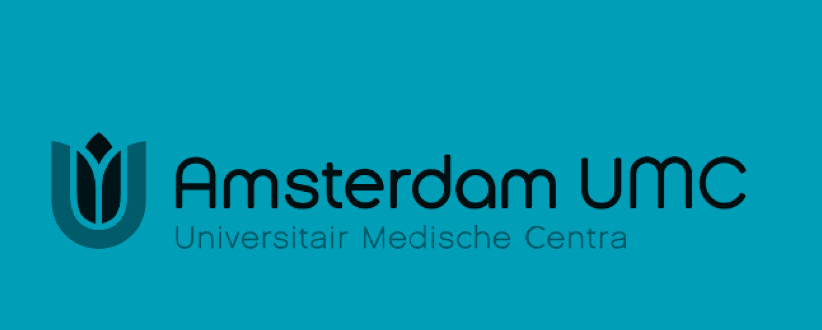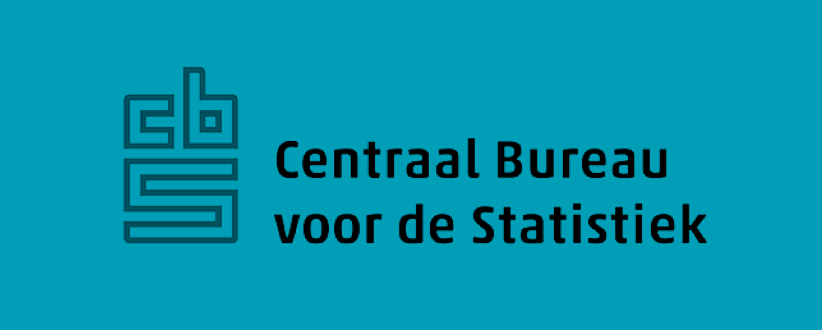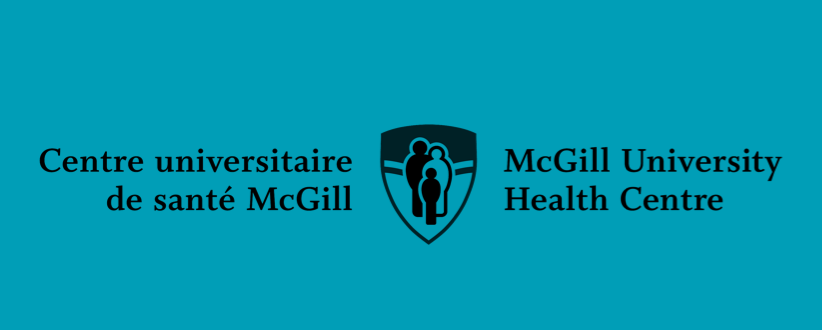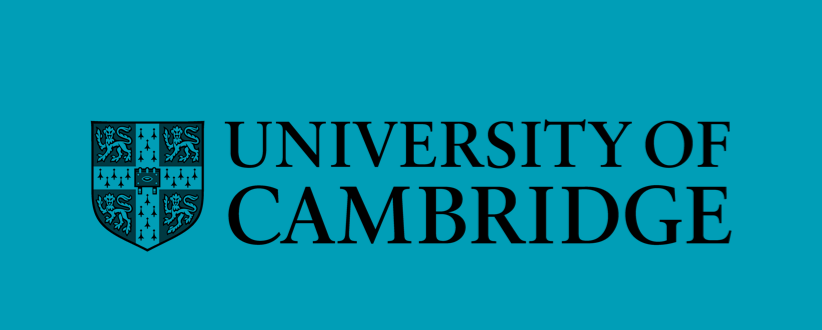Learn more about our COVID-19 data
-
Data collection of 167,000 participants
-
500.000 COVID19 questionnaires
-
Including 3 generations
-
Followed since 2006
-
Recalling of participants
Why Lifelines?
Lifelines is a large, multi-generational, prospective cohort study that includes over 167,000 participants (10%) from the northern population of the Netherlands. Through the length, size and in-depth examination we provide many excellent opportunities for studies worldwide unraveling the etiology of multifactorial diseases focusing on multifactor risk factors.
Customized collection possibilities
Lifelines has an open protocol, which means that you may request the collection of extra data, measurements and/or samples from Lifelines participants to suit your specific research needs. A unique feature is the possibility for researchers to collect additional data or biomaterials by recalling participants and to analyse these in combination with general Lifelines data and samples.

This unique dataset makes it possible to research in detail the relations and causality of the COVID19 risk factors and the physical and mental consequences of a pandemic."

“For the ImaLife project we investigate early imaging biomarkers of cardiovascular disease, lung cancer and chronic obstructive lung diseases. In total, 12,000 Lifelines participants undergo low-dose CT imaging of heart and lungs.”

"Among Lifelines participants, we found that 10% used systemic or local corticosteroids, which implicates that these potential side effects may have important negative effects on public health.”
Study design
The Lifelines study follows over 167,000 participants over a 30-year period. Every five years, participants visit one of the Lifelines sites in the northern parts of the Netherlands for an examination. During these assessments, several physical measurements are taken and different biomaterials are collected. As part of the assessment, participants are asked to fill out comprehensive questionnaires. In between assessments, participants are invited to complete follow-up questionnaires approximately once every 1.5 years.
COVID-19 study
Since the very beginning of the coronacris ~50.000 Northern residents have answered a weekly questionnaire. Their answers will be linked to data from the Lifelines biobank to identify both hereditary and environmental factors that partially determine whether someone may fall seriously ill due to the coronavirus or simply develop mild symptoms.

What is your next step?
In our extensive data overview you can find detailed information about our collection of data and samples. You can download this by filling in the form at the top of this page. Do you have any questions about the next step in your research? Feel free to contact us, we are happy to help you.









